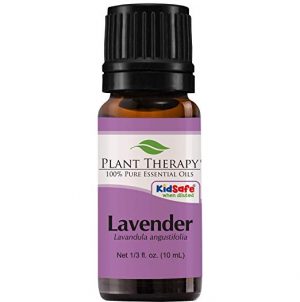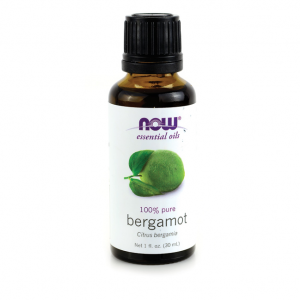Buyer's Guide – Essential Oils and Sleep
How Do Essential Oils Help Sleep?
Choosing scents that promote relaxation can help get our bodies into a restful state ready for sleep. Essential oils also just smell nice and can be a pleasant way to enhance the sleeping experience. Making essential oils part of your bedtime routine can also help train your mind to associate the specific scent with falling asleep.
Many people prefer to use essential oils because they’re natural and don’t create the common side effects associated with many sleep medications, such as daytime drowsiness or more serious health risks. For example, a 2010 study found smelling jasmine to be just as effective at calming the nerves as a sleeping pill or sedative, but without any adverse side effects.
Many essential oils are adaptogens, which means they adapt to the person taking them and have different effects on different people. For instance, vetiver oil relieves insomnia for some people, while creating a feeling of refreshment and alertness for others during times of exhaustion. Of course, some oils are known precisely for their activating effects, like energizing tangerine or lemongrass, and should be avoided as a sleep aid.
The best essential oils for sleep fall into two main categories: oils that stave off insomnia by calming the mind and reducing anxiety, and oils that alleviate snoring and sleep apnea by clearing the airways.
Overall, more research is still needed regarding essential oils and sleep. However, the studies done thus far do suggest that using essential oils before bedtime can help alleviate mild sleep problems.
How to Use Essential Oils for Sleep
There are many ways to use essential oils for sleep. Some of the most common include:
- Diluting essential oils with an air diffuser
- Massaging a few drops onto a specific part of the body, such as the forehead, neck, chest, wrist, hands, or toes
- Rubbing a few drops into your hands and taking a few deep breaths
- Mixing the oil with epsom salt or baking soda to add to a hot bath while you’re filling the tub
- Creating a spray to spritz into the air or on your pillow
- Adding a few drops to a pot of boiling water, and then sitting with your face over the pot and a towel over your head to create a tent effect (this is known as facial steaming and can provide relief for sleep apnea or nasal congestion)
Topical application of essential oils can be especially beneficial, since the oils will actually permeate your skin due to their transdermal properties. As a result, not only will you smell them through your olfactory nerve, but they’ll also enter your bloodstream more quickly. However, if you have sensitive skin or allergies, you should avoid applying topically altogether, or otherwise diffuse the oil with a carrier oil such as organic coconut oil, grapeseed oil, or olive oil.
Children also should avoid topical application, use more diluted amounts than adults, and shouldn’t begin using essential oils until they are at least 6 months old.
Where to Buy Essential Oils for Sleep
You can buy essential oils at pharmacies, health food stores, online, and large retailers.
It’s key to purchase oils that are advertised as “pure” or “100%” essential oils and list the oil’s botanical Latin name. Ones that say “perfume oil” or “fragrance oil” often use synthetic ingredients, so while they smell nice, they don’t provide the same benefits and may even contain other additives more likely to irritate your skin. If possible, look for organic oils with a non-GMO or “Therapeutic grade” label, meaning they don’t have toxins and only use pure chemicals.
How to Safely Use Essential Oils with Children
Only using pure essential oils free of additives or synthetic ingredients is especially important when using essential oils to help your baby sleep. Check both the oil and the carrier oil’s lists of ingredients to ensure they don’t contain anything your baby is allergic to, such as peanut oil. Although it can be safe for adults, you should never apply undiluted essential oils directly to your baby’s skin or allow them to ingest the oil.
You should not use essential oils before your child reaches 6 months, and you should always consult your pediatrician first. Before regular use, apply a small dime-sized or smaller amount to your baby’s arm or leg and wait 24 hours to see if there is a reaction. If there is, don’t use the oil.
Essential oils for babies should always be diluted using a carrier oil. The carrier oils help ensure the essential oil doesn’t irritate your baby and is more evenly distributed. Just as adults react differently to different essential oils, so do babies, but on the whole they are more sensitive. The National Association for Holistic Aromatherapy recommends a dilution ratio of .5 to 2.5 percent, and avoiding some oils overall.
Additional Resources
For Safe Use of Essential Oils
For a Better Night's Sleep





